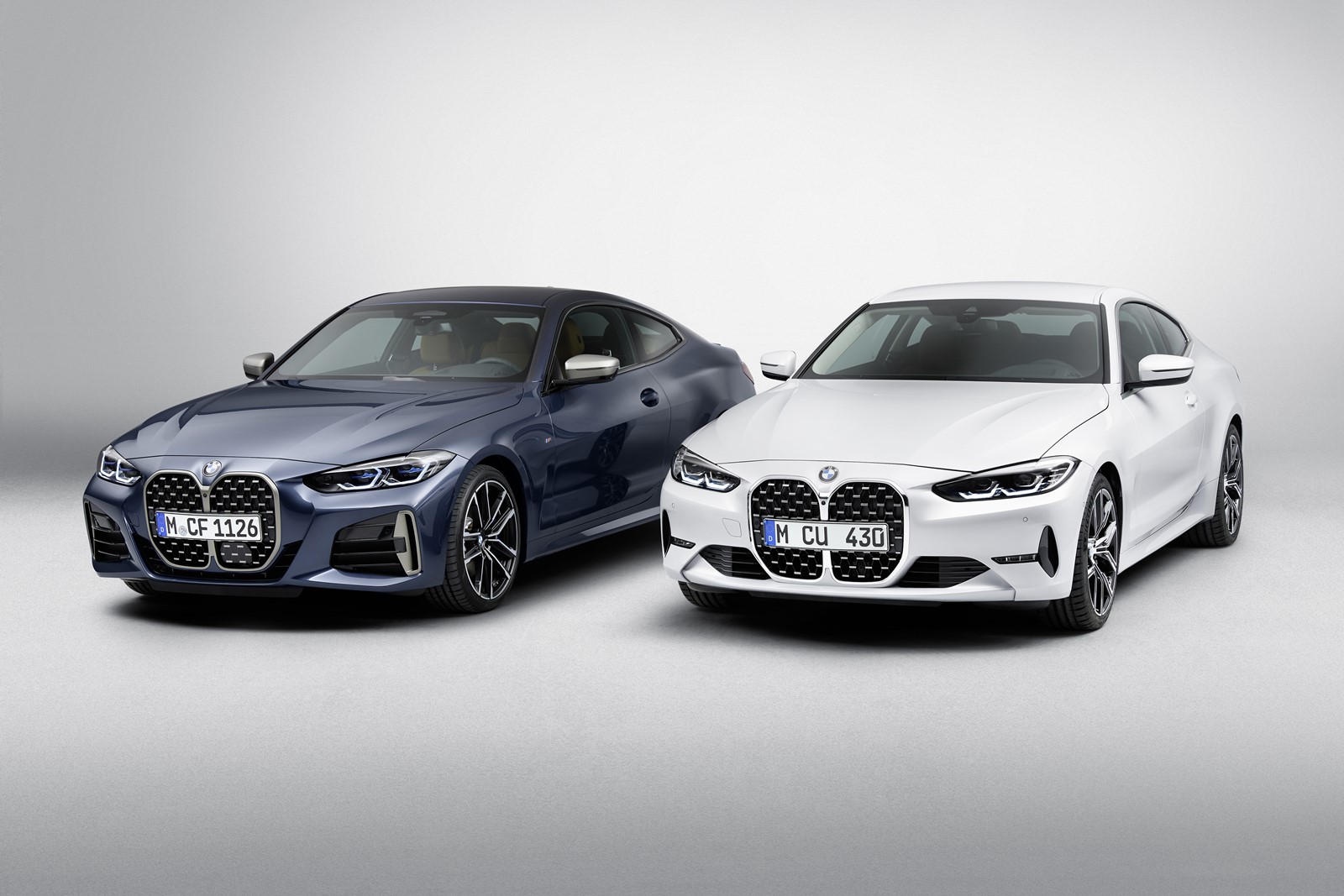Read The Full Article On: Startribune
The electric future, as dreamed up in the 1990s, centered on tiny, faceless transportation pods, their sci-fi bubble shapes a testament to aerodynamic function over stylistic form.
In 2020, the equivalent of a 3-ton fist would jolt awake any futurist of that era: Say hello to GM’s 1,000-horsepower electric Hummer. Behold the beefy pickup trucks from Ford and Chevrolet, as well as upstarts like Rivian and Bollinger. Elon Musk at Tesla couldn’t resist upstaging rivals with the concept Cybertruck, a truck so Mad Max macho that it makes a Hummer seem discreet.
Beyond the pickup realm, new electric models from Tesla, Audi, Jaguar, Mercedes-Benz, BMW and Cadillac share a common trait: They’re all luxury SUVs, with rich accommodations, potent acceleration and generous space for families.
Mainstream brands, including Ford, Toyota, Hyundai and Kia, also are forgoing small cars and family sedans in favor of plug-in SUVs, including the eagerly awaited Ford Mustang Mach-E. In this environment, the Mini Cooper SE, an urban cutie-pie, looks like an anomaly rather than the shape of things to come.
Going to Plan B
Rivian is an especially colorful, full-scale illustration of the industry’s change of heart and tactics. When RJ Scaringe founded Rivian, after earning an engineering doctorate at the Massachusetts Institute of Technology, his small company completed a two-seat sports car before he tore up the plans in favor of the sleek R1T pickup and R1S SUV.
SUVs have achieved something like global dominance, and Scaringe acknowledged electric automakers’ sense of “can’t beat ’em, join ’em.”
“The wrong answer is to say everyone has to drive around in little vehicles,” he said. “To tell them they have to switch to a completely different segment, that’s a really hard ask.”
But Scaringe, a change-the-world entrepreneur who believes all transportation must switch from fossil fuels to electricity from sustainable sources, said there was more to it than that. He echoed longtime industry logic: that transforming the most egregious gas guzzlers and emitters of carbon dioxide — which also happen to be the industry’s most popular and profitable models — will save exponentially more energy than nominal gains for smaller cars that use relatively little gasoline.
Future still up in air
While some analysts continue to treat electric vehicles — known as EVs — as inevitable, there are warning signs. Jaguar’s electric I-Pace SUV fell flat on its pretty face, finding just 2,594 buyers in the United States last year. A $70,000 base price, $25,000 more than Jaguar’s gas-powered F-Pace SUV, didn’t help, nor did a stingy 234-mile driving range.
Karl Brauer, executive publisher of Cox Automotive, underlined that automakers, including Tesla, had yet to prove that EVs could be a profitable long-term business. The odds of doing that are considered better with trucks.
“There’s been an ‘aha’ moment among carmakers,” he said. “There’s a massive amount of profit built into the average truck.”
Ken Morris, GM’s vice president for electric and autonomous vehicles, underlined GM’s pledge that its EVs will be profitable from the get-go. The trick for every automaker will be to price them attractively enough to lure customers from fossil-fueled models but not so low that they can’t earn a profit.
“You can’t charge tons more for an electric pickup, and we understand that,” Morris said. “You have to manage the price point to be in the right spot.”

